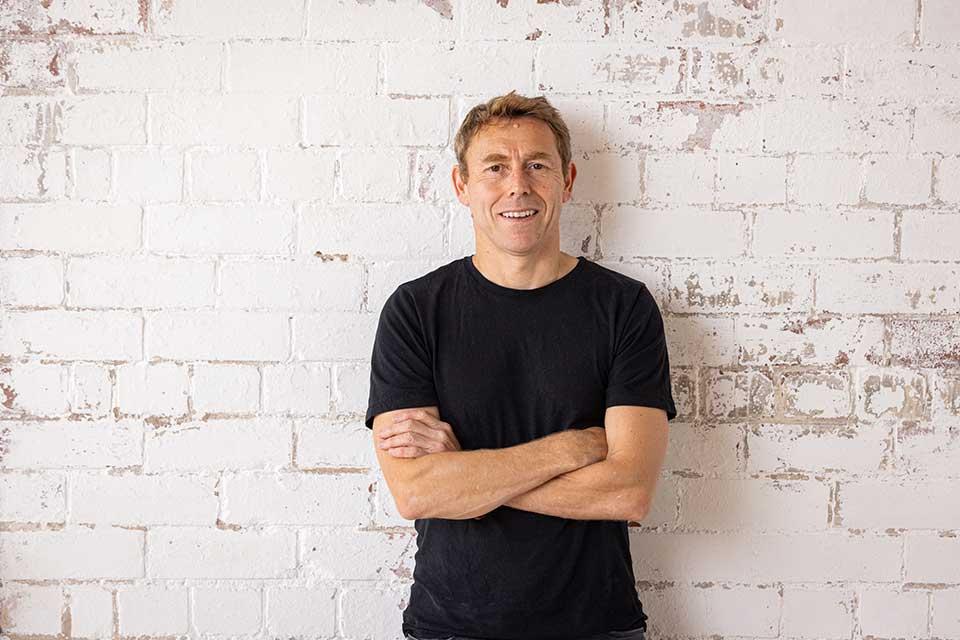We work among extraordinary people doing extraordinary things; get to know some of them by reading these quick-fire interviews.
Name: Stephen Smartt
Job title: Wetton Professor of Astrophysics
What are you currently working on?
My team surveys the sky with a number of telescopes around the world. One is a system of four linked telescopes in Hawaii, Chile and South Africa that can survey the whole sky four times in 24 hours. It is funded by NASA to find potentially hazardous asteroids and we find everything that explodes in the sky on a daily basis. We process the data continually and have to keep up with the data flow. We also then trigger telescopes around the world after discovering objects to determine their redshift, distance, explosion energy and chemical make-up of the explosions. We mostly use European Southern Observatory (ESO) telescopes in Chile and I am part of a team building a new instrument dedicated to following transient sources and supernovae. We still don’t really know what is the common process that produces type Ia supernovae, or how stars more massive than 20 times the mass of the Sun die. We are planning to link this with the next run of the gravitational wave detectors which will start up again in 2023. We will search for (and hopefully discover) the electromagnetic counterparts of gravitational wave sources. These sources are mostly likely to be mergers of neutron stars, or neutron star and black hole mergers. If we can combine detections of both photons and gravitational waves it can help uncover the source of heavy elements, probe the maximum mass of neutron stars, help measure the expansion rate of the Universe and work out which massive stars form neutron stars and which form black holes. We have a large programme approved on the Very Large Telescope at ESO in a European wide project called ENGRAVE, and time on the James Webb Space Telescope when we find another neutron star merger.
Describe a typical day
A research-focused day would mostly involve working with my team to coordinate recent discoveries from the various surveys and discuss software development work for upcoming surveys. Our data processing runs continually, processing the data from seven wide-field telescopes around the world. We make our discoveries public and then make quick decisions which to trigger follow-up on. That needs coordination with our project partners, mostly in European collaborations using space- and ground-based telescope networks. We work a lot with online tools to coordinate the team and instruments – Zoom, Slack and Overleaf are essential, along with well maintained databases for curating the data. But it is still better to be in the same room and face to face with the local team for efficient decision making. We are also building the UK’s broker system to process the Rubin observatory alerts. There will be 10 million alerts expected per day, which require a platform to allow users to interact with the time series data. We cross-match the alters to star, galaxy and solar system catalogues and classify them in real time allowing users to write their own code to find and select objects. The Legacy Survey of Space and Time should start taking commissioning data in 2023.
If you had an entire day at your disposal (not at work), what would be your ideal way to spend it?
I like being outside, active and spending time with my family. An early morning run or cycle with a friendly group. I had many groups in Belfast I ran and cycle with and am starting to make connections here. Either an hour or so for the run or a couple of hours on the road bike, nothing too intense, conversational pace. Then a walk and coffee/breakfast with my wife Sarah and our dog. There are some great walks around Oxford. In the afternoon, I would watch some sport, either my daughters (who both competed at high junior levels) or the football/rugby teams I support. And in the evening, a quiet family dinner, ideally with all three children back at home. The wine must be good !
What is your favourite place in Oxford?
The walk along the Cherwell from the Victoria Arms to University Parks
What discovery would you like to see in your lifetime?
Uncovering the nature of dark matter is expected to revolutionise both astronomy and physics.

